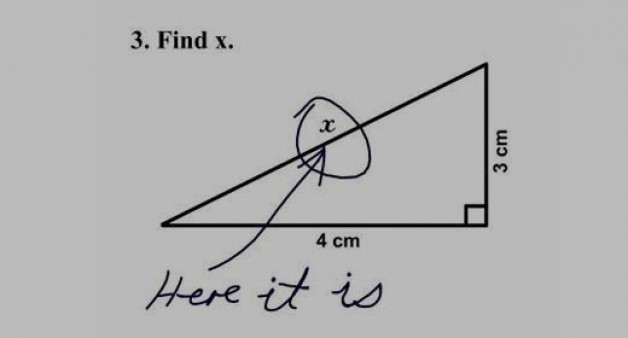One does not usually find oneself giving voice to a deep yearning for Bertrand Russell’s atheism. And yet, stuck in traffic and riding shotgun, I recently found myself doing just that. It’s not that I wished I were an atheist like Bertrand Russell. Rather, I wished atheists were atheists like Bertrand Russell. The context was a conversation about the famous BBC debate on the existence of God between the brilliant Oxford Jesuit, Fr. Frederick Copleston, and the infamous analytic philosopher, Bertrand Russell. The point was that many of today’s atheists don’t hold a candle to Russell in terms of logical consistency and rigor of argumentation. With Russell, you got a debate. With most of our guys, you get a merry-go-round.
But isn’t that somewhat unfair? It is, but only because it doesn’t go far enough. It’s not just atheists who seem unable to engage in profound, substantive discussion; it’s everyone. More and more, the merry-go-round has become an apt image for describing the public and private discourse of our society. There is the illusion of going some place. There are high points and low points. And there are lights, lots of flashing, distracting lights. But when the ride is over, you get off exactly where you started, and the only difference is that you’re a bit dizzier for having done so. Whether it’s a circumlocuting student, an obfuscating office-seeker, or a dissimulating debater, the quality of the conversation often does injustice to the significance of its subject.
So how do we raise the level of our discourse from sham to substance? A good first step would be a renewed appreciation for the importance of first principles. Every field of inquiry, from politics to logic and from metaphysics to medicine, has its own first principles. These are the self-evident starting points that ground every argument we make and support or refute every position we take. The first principle of metaphysics is, “Something cannot be and not be in the same way at the same time,” and, though it may not seem so at first, deep meditation on a first principle such as this has the power to change how we understand, and dialogue with, the world.
Take the first principle of ethics: “Do good and avoid evil.” To some this may seem obvious and uninteresting. To others it may seem vague and unhelpful. But to those who really consider it, the riches of this principle can never be fully unpacked. The notion of “do” leads us to that of “act,” and “act” leads us to acting humanly. From this, we realize that we act for the sake of something, something that will somehow make us happy, something that seems good. But will it really make us happy? Is it really good? Even cutting the investigation off here reveals that “do” and “good” are tied together. Teasing out that connection will lead us, slowly but surely, through all the varied paths and channels of the moral life. That’s why St. Thomas says that “through one principle, well understood and considered, many of the things sought for in knowledge are made manifest.” The truly wise man can see the conclusions he needs within the principles he has.
In a world unrelentingly barraged with tweet-sized sound bites and incessant updates, it’s impossible to avoid getting caught up in the conversational merry-go-round; but the next time the discussion is spinning out of control and you find your interlocutor feeding you arguments that are about as substantial as cotton candy, don’t let it make you sick. Close your eyes and go straight to your first principles: there is such a thing as truth. Not only that, but some truths, praise God, are self-evident, and they will surely set us on the right path. A small error at the outset will, like a wrong turn on a forked road, lead to greater errors in the end, but if we stick to our principles, we can’t be led astray. The more we do this, the more we raise our discourse to a level worthy of the God whose existence is, today, a topic of very poor debate.
✠
Image: The Level of the Debate







